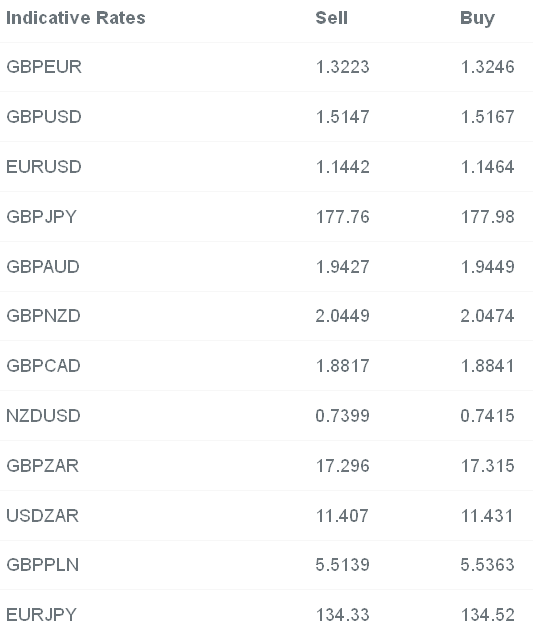Investing.com’s stocks of the week
Yesterday’s squeeze in favour of the euro has been a long time coming. Helped handily by a rally in Greek bank shares and an improvement in the country’s bond yields, the single currency breached the 1.15 level in EUR/USD and traded below the 1.32 mark in GBP/EUR for the first time since the European Central Bank launched its asset purchase program on Jan 22nd.
These moves were helped by news of Greek PM Yanis Varoufakis’s latest plans for the Greek debt pile. A new deal would allow a shift into perpetual debt for some loans and allow other pieces of debt to be tied to growth. The ECB is said to have rejected some of these terms but is nothing but a classic negotiation tactic – stand at the extreme and make the other party offer some concessions. Varoufakis sits down with ECB President Mario Draghi later today and German Fin Min Wolfgang Schäuble tomorrow. Alexis Tsipras meets with Jean-Claude Juncker, the European Commission president, later today as well. Both Greek ministers are moving closer to the lion’s den that is Angela Merkel.
Currency wars are back in the news given the recent relaxation of policy by the Reserve Bank of Australia. The RBA move was something like the 13th loosening move from a central bank already this year. Unfortunately there is simply not enough demand in the world economy to make everyone an exporting powerhouse. Central banks are sat there worried about a lack of inflation and in some cases, Japan and China are concerned about the ends of their mercantilist policies. The recent moves have been the first wave of cannon fodder – those countries or areas that have large commodities, terms of trade arrangements or are staring down the barrel of outright deflation; Australia, Canada, the eurozone, and Russia. The second wave will come from their trade partners. Do we see Korea shifting things to deal with a newly weak yen? What about the DKK and CZK pegs? Can China maintain USD/CNY at these levels?
Unfortunately the problem with currency wars is that they are by their definition a zero-sum gain. Previous moves of competitive devaluation have followed one rule; everyone cuts rates and devalues and devalues a little bit more and then just a little bit more and then the US wins. The Fed will always win a currency war because they have the dollar; the world’s international reserve and trade currency of choice.
Today is dominated by the run of service PMIs from the world economy. Overnight moves from China have seen a slowing of their services industry to the lowest rate of expansion in six months. The slowing seems to be as a result of a checking of growth in new orders; hardly surprising given the pull into the Chinese New Year later this month.
Elsewhere we have Italy’s announcement at 08.45, France’s at 08.50, Germany’s at 08.55, and the eurozone wide measure at 09.00 – all times GMT. The UK announcement is due at 09.30 with last month’s slipping to its lowest level in 18 months. While growth in the UK services sector remains strong and above historical averages, there is no denying that Q4 last year saw a very real slowing of the progression of the largest component of the UK economy. New business numbers as well as overall activity is said to have slowed by the most in over a year and a half, and with no sizeable increases in worker salaries despite cost cuts from fuel price movements, the message is one of definite caution.

